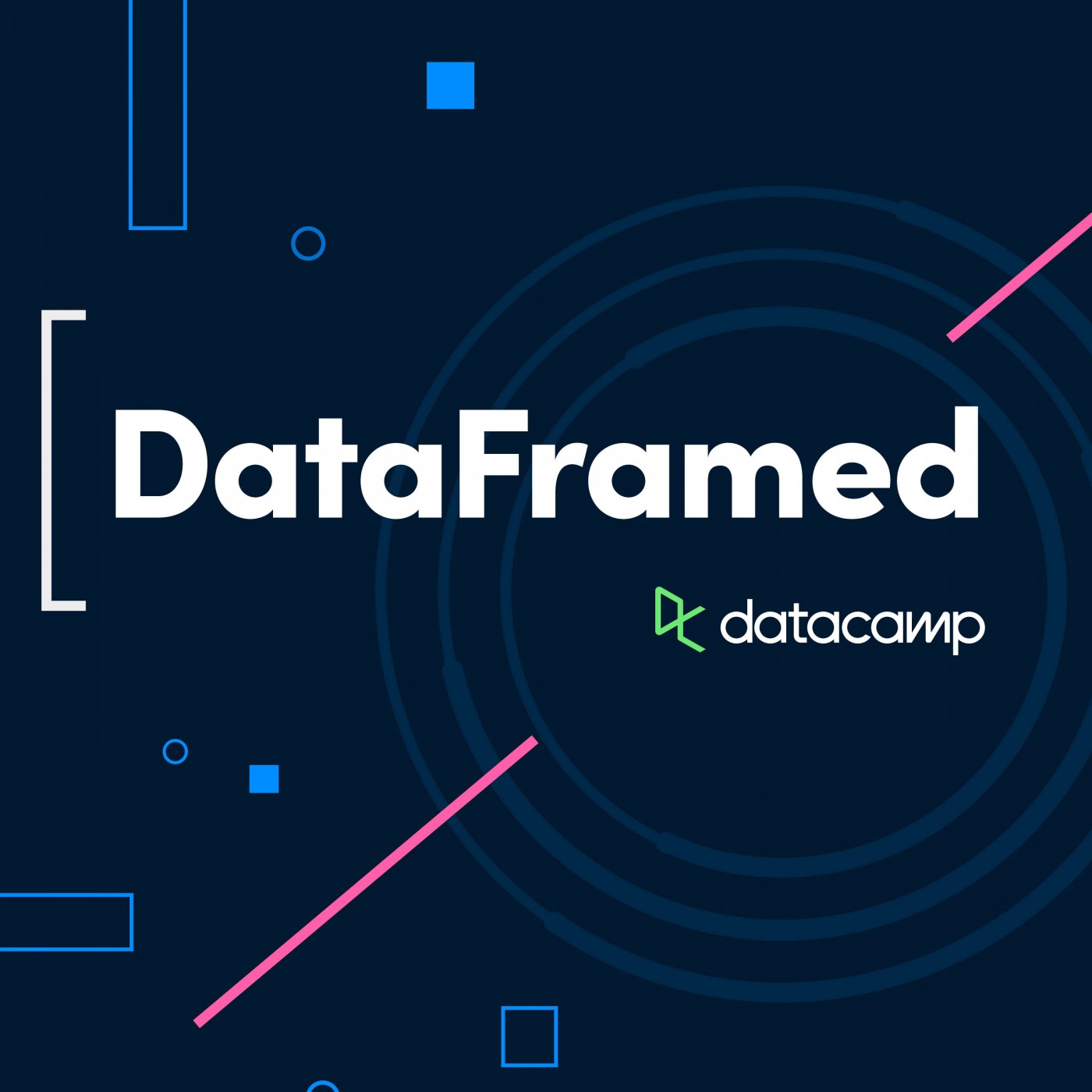
#268 Scaling AI in the Enterprise with Abhas Ricky, Chief Strategy Officer at Cloudera

DataFramed
Deep Dive
Why is data quality becoming more critical in AI applications?
Data quality is critical because it directly impacts the trustworthiness and fidelity of AI outputs. Enterprises are increasingly focusing on structuring and managing their data to ensure it can be used effectively for training large language models and other AI frameworks.
What are the key challenges enterprises face in managing data for AI?
Enterprises face challenges such as data sprawl, ensuring data security and governance, and managing the total cost of ownership. Data sprawl occurs due to various teams creating their own systems, leading to scattered data that is hard to manage and secure.
What does 'data as an asset' mean in the context of AI?
Data as an asset means treating data as a valuable resource that can be used to train AI models and generate insights. It involves structuring data so it can be easily accessed and applied to AI frameworks, enabling faster and more efficient use cases without needing extensive upskilling.
How do enterprises typically differ in their AI adoption journeys?
Enterprises can be categorized as leaders or laggards. Leaders have already solved data engineering problems and are scaling generative AI applications, while laggards are still in the early stages, focusing on building their core data platforms before diving into AI.
What steps should enterprises take to prepare their data infrastructure for AI?
Enterprises need to solve data engineering problems first, including data ingestion, preparation, and serving, before applying AI models. This ensures the data is ready for use in AI applications, enabling a smooth transition from data to insights to action.
Why is compute cost a significant factor in AI adoption?
Compute cost is a major factor because running AI workloads, especially with large language models, is energy-intensive and expensive. Organizations need to plan for increased IT budgets to account for the compute requirements of AI applications.
How can enterprises decide which AI models to use for their use cases?
Enterprises should evaluate their use cases based on the complexity and importance of the outcomes. Simple tasks like text summarization can be handled by smaller models, while more complex tasks like drug discovery require larger, more compute-intensive models.
What are the key steps in scaling AI applications in enterprises?
Scaling AI involves three main steps: scaling the generative AI infrastructure, embedding AI into business processes, and adopting advanced technologies like agent-based applications. This ensures AI is integrated into daily operations and can handle high-volume tasks efficiently.
Why is hybrid AI important for large organizations?
Hybrid AI allows organizations to run AI applications in the form factor of their choice, whether public or private cloud, depending on data residency and security needs. This approach minimizes costs and ensures sensitive data remains within secure environments.
What final advice does Abbas have for organizations looking to improve their AI capabilities?
Abbas advises that AI is a team sport, requiring collaboration across teams. Enterprises must also ensure they trust their data and embed AI into their normal processes to scale effectively, avoiding it becoming a mere science experiment.
- Increased focus on data quality and trustworthiness for AI applications
- Data sprawl creates issues around data security and cost
- Data as an asset is becoming increasingly important
Shownotes Transcript
We’re improving DataFramed, and we need your help! We want to hear what you have to say about the show, and how we can make it more enjoyable for you—find out more here).
AI adoption is not just about flashy innovations or big models. For businesses, it’s about solving real problems and driving measurable outcomes. That means aligning your data infrastructure, navigating compute costs, and understanding where AI adds the most value. How do enterprises prioritize their use cases? What role does hybrid play in scaling securely and efficiently? What’s the next frontier beyond generative AI?
As Chief Strategy Officer, Abhas Ricky leads the overall corporate strategy for Cloudera and is responsible for creating the company vision, building the business and customer target operating model, communicating that with key stakeholders via clearly defined OKRs, and executing key transformational initiatives to realize that plan. He’s also tasked with driving growth and innovation and making appropriate build/buy partner decisions, including pricing and packaging, corporate development, and Cloudera’s innovation accelerator to launch new products. Previously, he served as chief of staff and vice president for business transformation at the company. Prior to the Cloudera/Hortonworks merger, he helped scale Hortonworks’ go-to-market efforts as global head of customer innovation and value management. A management consultant by training, he is passionate about driving action and change in the society and has led projects with multiple organizations including the World Economic Forum, Founders of the Future, and other nonprofits.
In the episode, Richie and Abhas explore the evolving landscape of data security and governance, the importance of data as an asset, the role of AI in transforming business processes, the challenges of data sprawl, and the significance of hybrid AI solutions, and much more.
Links Mentioned in the Show:
- Cloudera)
- Connect with Abhas)
- Course: Understanding Cloud Computing Course)
- Related Episode: Aligning AI with Enterprise Strategy with Leon Gordon, CEO at Onyx Data)
- Rewatch sessions from RADAR: Forward Edition)
New to DataCamp?
- Learn on the go using the DataCamp mobile app)
- Empower your business with world-class data and AI skills with DataCamp for business)